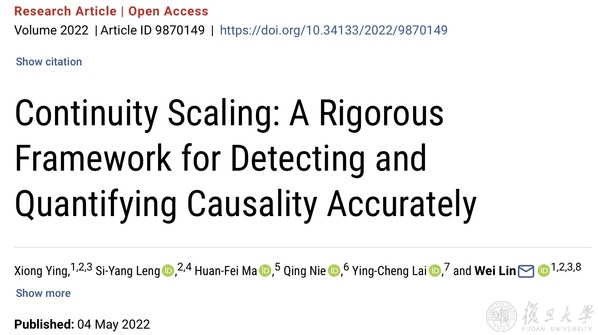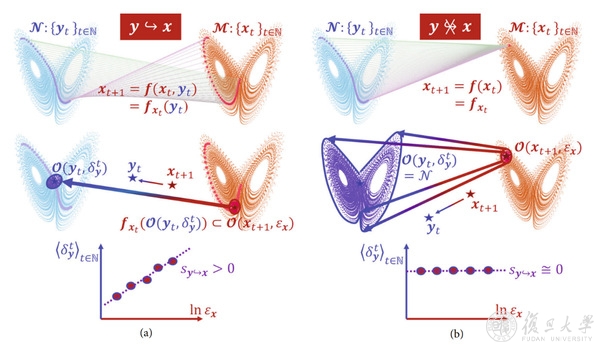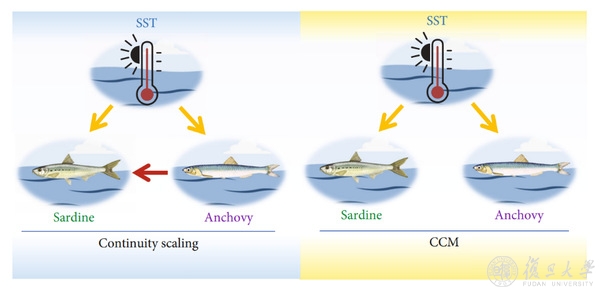In a significant advancement for the field of causality research, Professor Lin Wei's team from Fudan University's School of Mathematics and Research Institute of Intelligent Complex Systems has introduced a novel mathematical framework and detection method for dynamic causation. Published in 'Research' (Volume 2022, Article No. 9870149) on May 4, 2022, this study represents a pivotal step in understanding and quantifying causal relationships.

Building on the rich historical context of causal analysis, which has intrigued scholars for over three centuries since George Berkeley's seminal observation, Professor Wei's team delves into the dynamic iterative function relationships between variables. Their work is a response to the myriad of quantitative characterizations and methods that have emerged in causal research, particularly in the aftermath of notable recognitions such as Clive Granger's Nobel Prize-winning Granger causality test method.
The team's proposed 'continuity scale' framework is a breakthrough in the mathematical characterization of causality within dynamics. It aims to reconcile the long-standing question in the field regarding the different approaches used in dynamic causality detection versus traditional time series causality analysis.

Fig 1: Dynamic causation framework - the scaling law
Complementing this theoretical advancement, the team has developed a causal detection and measurement algorithm based on their mathematical characterization. This algorithm has been rigorously tested and applied to real-world complex systems in various domains, including gene regulatory networks, marine ecosystems, COVID-19 transmission mechanisms, and pollutant and disease interaction systems. Through these applications, the team has unveiled several new causal connections consistent with fundamental principles.

Fig 2: Application and comparison of continuous scaling algorithm in marine ecosystem data
The establishment of this dynamic causal framework is a milestone in both the theoretical and practical realms of dynamic causation. It provides a robust approach for identifying the core structures of dynamic complex systems, offering vast potential for applications across diverse fields.
Leading this innovative research, Professor Wei Lin, along with doctoral student Ying Xiong and young researcher Leng Siyang, have been at the forefront of developing applied mathematics and complex systems theory and methods. Their work addresses real-world problems in intelligence science, data science, life science, and public health. The research has garnered support from prestigious institutions, including the National Natural Science Foundation of China, the Brain Science Frontier Center under the Ministry of Education, the Shanghai Mathematics Center, the Shanghai Artificial Intelligence Laboratory, and the Shanghai Municipal Science and Technology Major Projects.
For a detailed understanding of their findings, the paper can be accessed here: Continuity Scaling: A Rigorous Framework for Detecting and Quantifying Causality Accurately | Research (science.org). Continuity Scaling: A Rigorous Framework for Detecting and Quantifying Causality Accurately | Research (science.org)
Research 文章链接:https://doi.org/10.34133/2022/9870149











